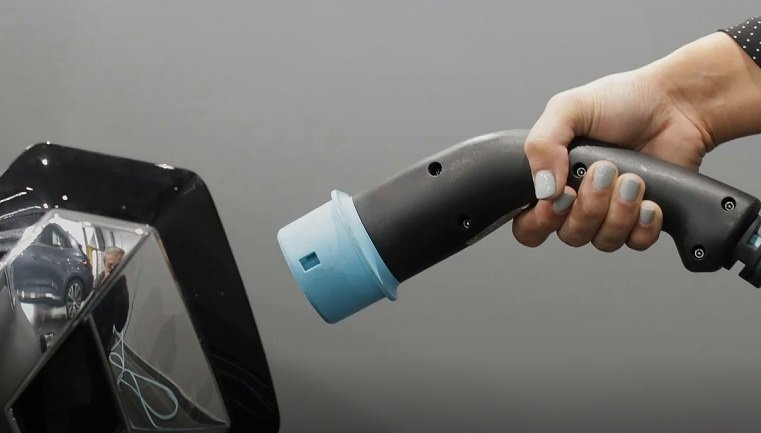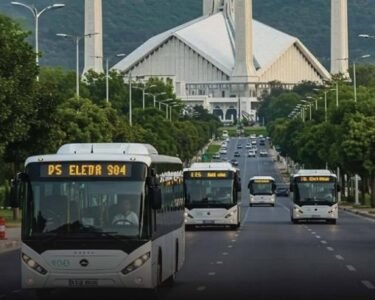Huawei has sent shockwaves through the electric vehicle (EV) industry with a newly filed patent for a revolutionary solid-state EV battery that could deliver an astonishing 2,000-mile driving range with an ultra-fast five-minute charge. If proven viable, this technology could solve two of the biggest pain points for EV owners: range anxiety and lengthy charging times.
According to reports, Huawei’s patent outlines a sulfide-based solid-state battery using a nitrogen-doped sulfide electrolyte. This design aims to boost energy density to an impressive 400–500 Wh/kg — a significant leap compared to the 150–250 Wh/kg of today’s top lithium-ion batteries. If commercialized, Huawei’s next-generation EV battery could more than double, or even triple, the range of premium electric cars like the Lucid Air Grand Touring, which currently tops out around 500 miles per charge.
Huawei’s patent claims its breakthrough battery could deliver over 1,800 to 2,000 miles (3,000 km) of driving range and recharge fully in just five minutes. This leap in battery performance could position Huawei at the forefront of global EV battery innovation, giving China a stronger edge in the highly competitive global market for solid-state batteries.
China already leads the world in solid-state battery development, holding over 7,600 patents in this field. Major Chinese tech and auto giants such as BYD and Xiaomi are also investing heavily in next-gen battery research, aligned with Beijing’s strategy to dominate the global EV supply chain.
However, while the figures are impressive, experts urge caution. Nitrogen doping in sulfide-based batteries is not entirely new, but scaling this technology for mass production remains a huge challenge. Solid-state batteries face well-known hurdles, including high costs, manufacturing complexities, and safety concerns related to sulfide electrolytes.
Competing battery manufacturers like Samsung SDI and LG Energy are pursuing solid-state batteries too but on more conservative timelines — aiming for mass production between 2027 and 2030. Industry analysts agree that while Huawei’s patent signals huge potential, it remains to be seen whether the company can overcome the technical and commercial barriers that have held back solid-state battery adoption for years.
Still, Huawei’s bold move highlights the accelerating race for next-generation EV batteries that promise longer range, shorter charging times, and safer energy storage. If successful, Huawei’s solid-state battery could reshape electric mobility as we know it — making ultra-long-range electric vehicles with near-instant charging an everyday reality.






